Meet Samuel C. Spitale | writer
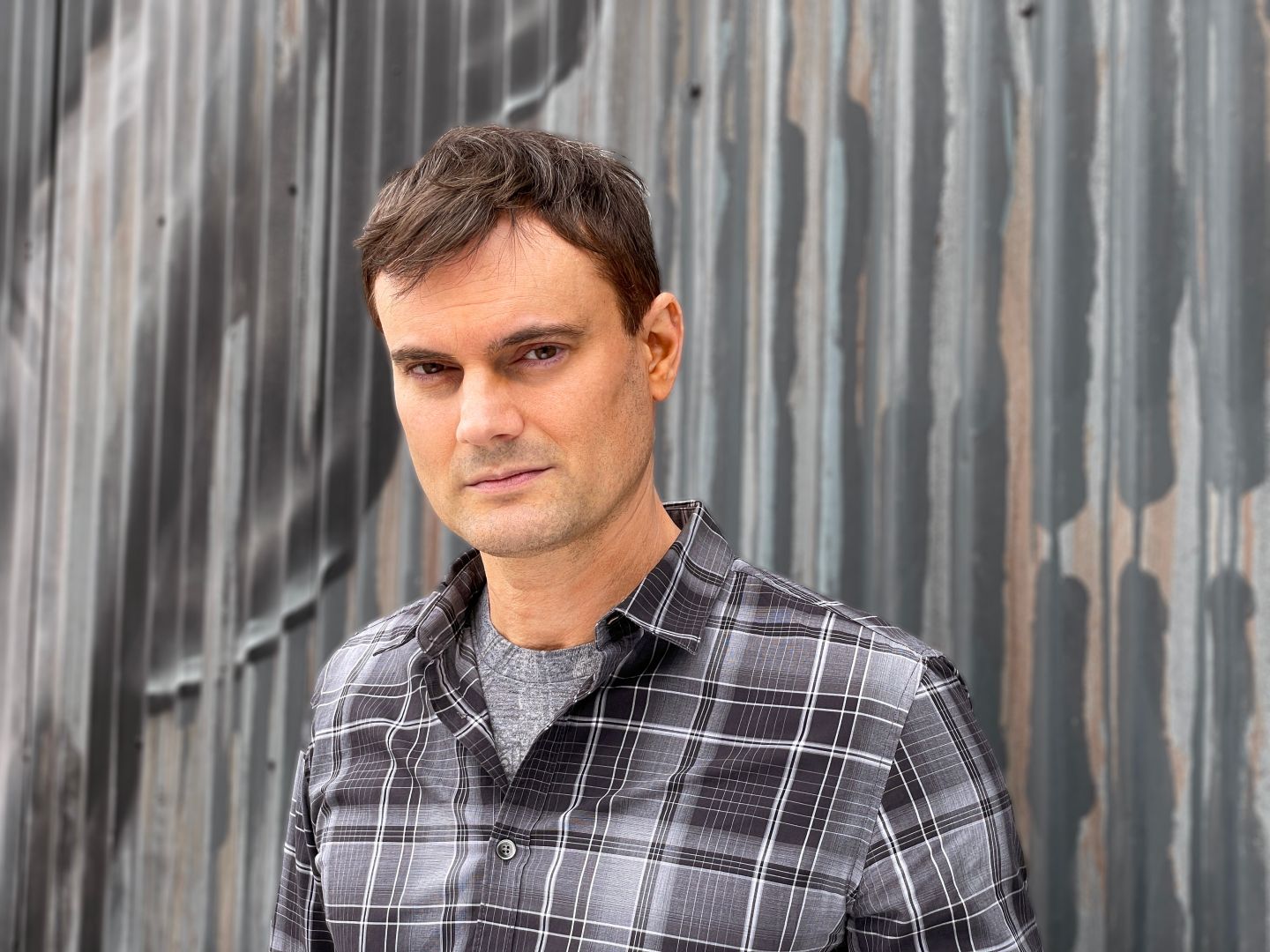
We had the good fortune of connecting with Samuel C. Spitale and we’ve shared our conversation below.
Hi Samuel C., what matters most to you?
The pursuit of truth. The older I get, the more I realize just how rare truth is, especially in a media environment of misinformation, conspiracy theories, and corporate PR masquerading as information. It’s no wonder our internal belief systems are often at odds with reality.
So much of what we mistake for truth can be more accurately described as myth—a comforting illusion that provides a sense of security in an often-discomforting world. We’re more likely to believe falsehoods that confirm these existing beliefs than we are to accept truths that challenge them.
Updating our beliefs–or misbeliefs–requires courage and willpower. We have to admit we’re wrong, or that we’ve been misled. This means overriding the impulse of self-preservation. No one wants to admit they’ve been suckered–not to themself, nor to others.
But if we hope to see the world as it really is, not just how we think it is, then we have to be open to information that makes us uncomfortable, that challenges our biases, and, in the process, opens our hearts.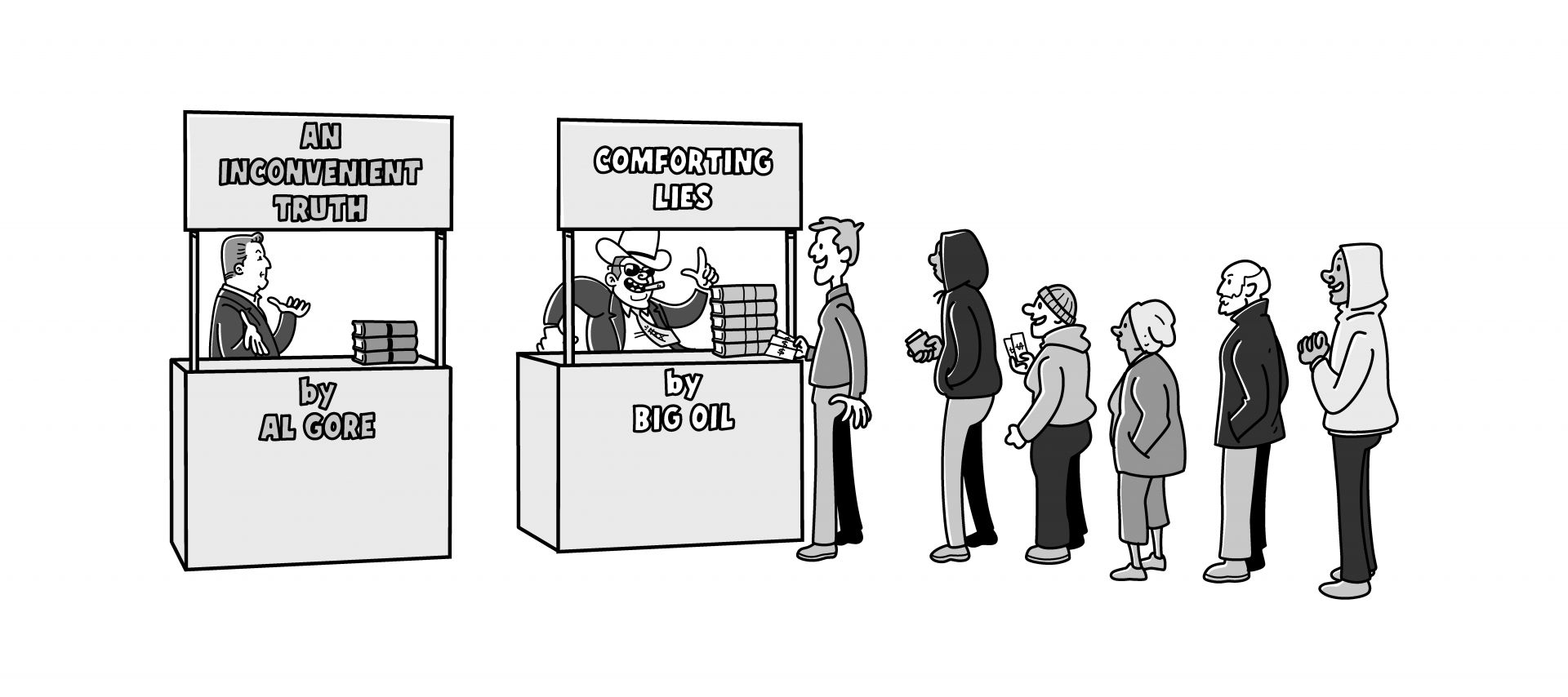
Can you open up a bit about your work and career? We’re big fans and we’d love for our community to learn more about your work.
I began my professional career working for Lucasfilm Ltd. in Product Development, where I managed worldwide Star Wars and Indiana Jones collectibles and wrote for Star Wars Insider, doing quirky celebrity interviews and features on licensing partners.
About ten years ago, I moved to L.A. and shifted my focus to screenwriting and storytelling. When it comes to scripts, I tend to write screwball comedies about a quintessential straight man in over his head—a lone voice of sanity in an insane world—which is how I often feel these days when watching the news!
It’s why I wrote the book How to Win the War on Truth: An Illustrated Guide to How Mistruths Are Sold, Why They Stick, and How to Reclaim Reality (Quirk Books). It’s part crash course in media literacy, part critical thinking learning tool, and part handbook for debunking misinformation. It challenges some of our most ingrained beliefs—especially ones that work against our best interest—so that we can make more informed decisions, whether in the checkout line or the voting booth.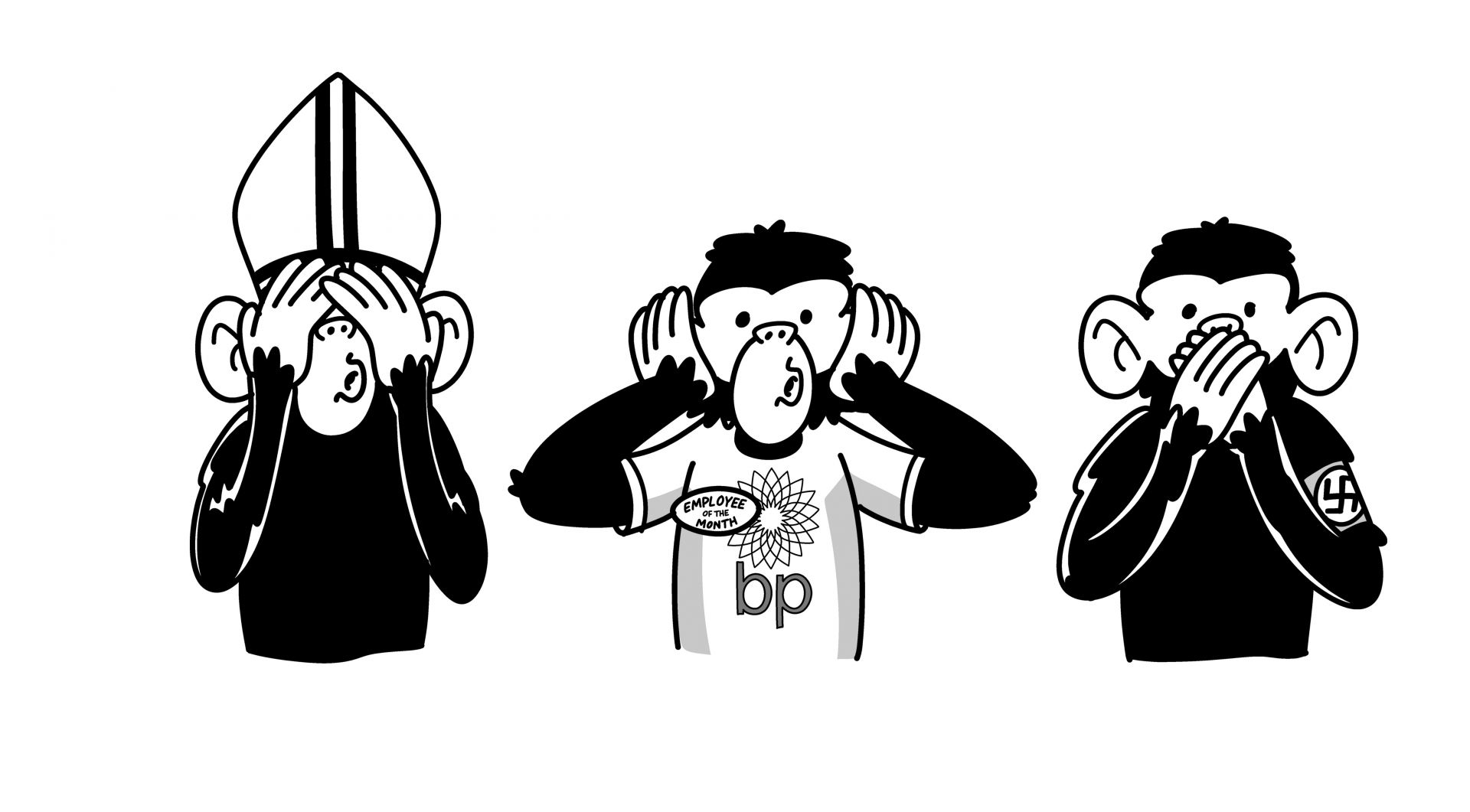
Let’s say your best friend was visiting the area and you wanted to show them the best time ever. Where would you take them? Give us a little itinerary – say it was a week long trip, where would you eat, drink, visit, hang out, etc.
L.A. offers so many great experiences, especially in arts and entertainment. I love to attend Live Talk L.A.’s author discussions and book signings. (Recently, I saw Sam Rubin interview Billy Dee Williams about his new memoir.) For comedy fans, I recommend hitting an improv show at the Groundlings. If it’s spring, television fans can catch a reunion from TV shows past at PaleyFest. For sightseeing, I like to bring family and friends for a stroll along the grounds of Greystone mansion in Beverly Hills, which is open to the public and free of charge. And my favorite new dessert place is Oakobing in Koreatown. Try the green tea shaved ice—it literally melts in your mouth!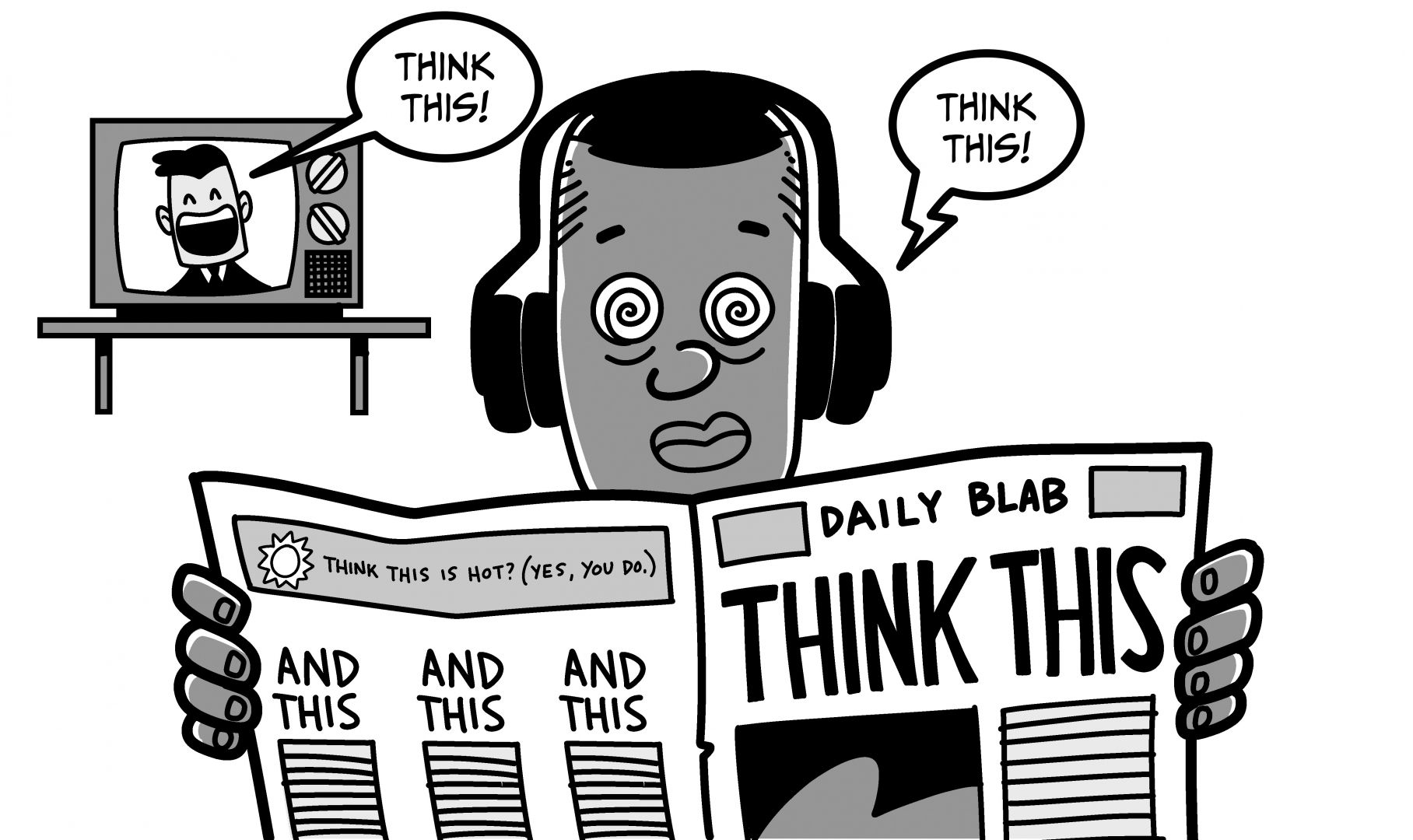
Shoutout is all about shouting out others who you feel deserve additional recognition and exposure. Who would you like to shoutout?
My graduate professor and thesis chair Dr. Donna Mayo definitely deserves some credit—not just for her encouragement and mentorship, but instilling in me the importance of research.
I recall a moment in one of her grad-level classes that really crystallized this lesson. We were discussing a hypothetical situation: how a marketer should approach solving the problem of low turnout at a sporting event. Dr. Mayo stressed the importance of research in determining what caused the low turnout, as only then could you formulate a marketing plan to increase attendance. I remember one student asking, “But what if you already know the reason?” I understood the point the student was making. If, for instance, there was a hurricane, that obviously would have impacted attendance. But Dr. Mayo pushed back. “You never just know,” she said. Sure, there may have been bad weather, she pointed out, but there could also have been road closures, downed power lines, an increase in ticket prices, or a scandal of some sort that led to bad press. Any (or all) of those things could have caused a low turnout, but until you do the research—the fact-finding—you’re just working from assumptions. And that does a disservice to the work, whether it’s in marketing or journalism. The facts matter. And we should never presume to “just know.”
That’s why, as a writer, I never stop reading and researching. My original sources document for How to Win the War on Truth initially totaled 80 pages and contained over 800 sources. I think I almost gave my editor a heart attack, as we only had 12 pages allotted for the bibliography! For the print edition, we had to trim the list to the most important, but a full bibliography did make it into the eBook (and is available on my website for all those fellow information junkies like myself).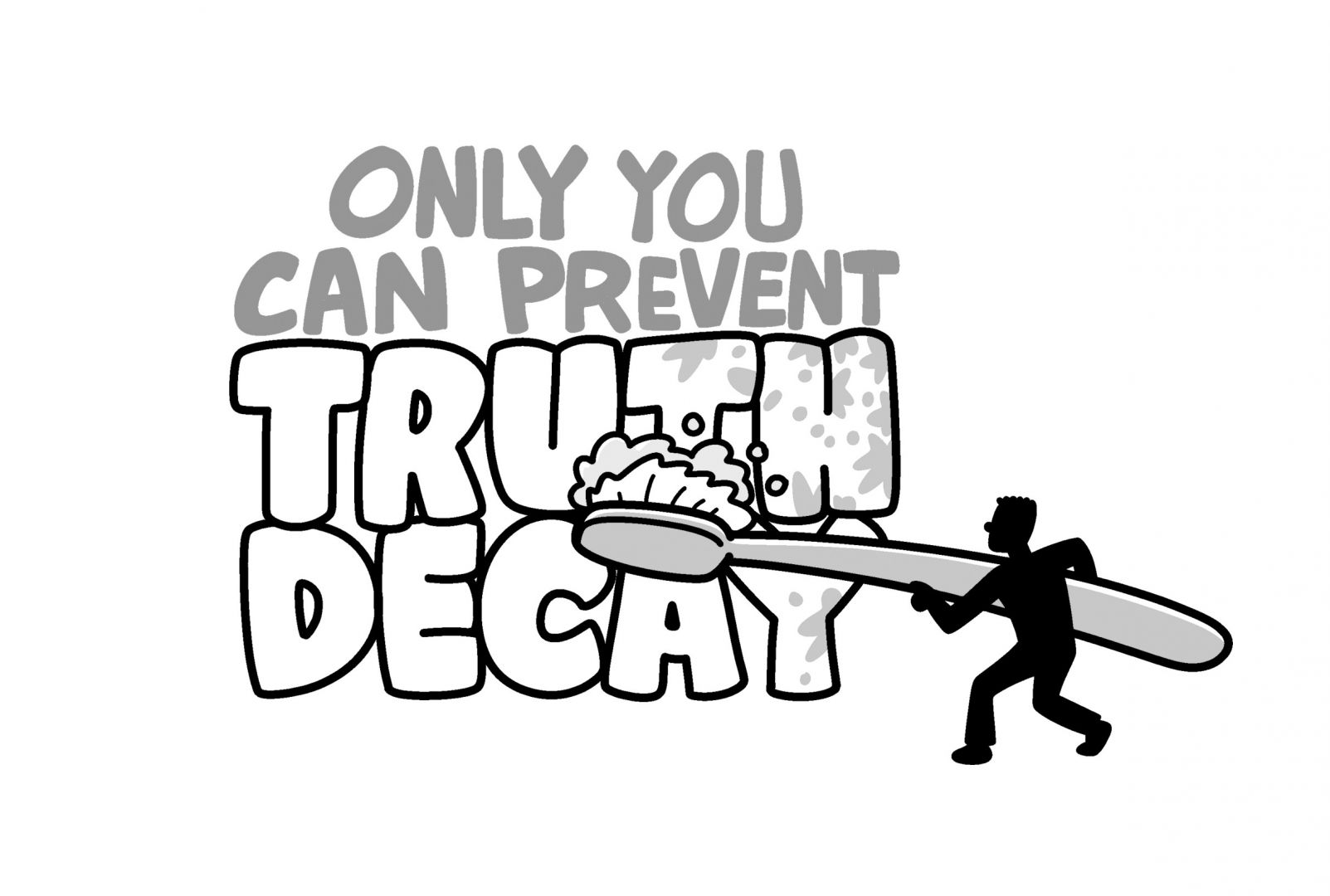
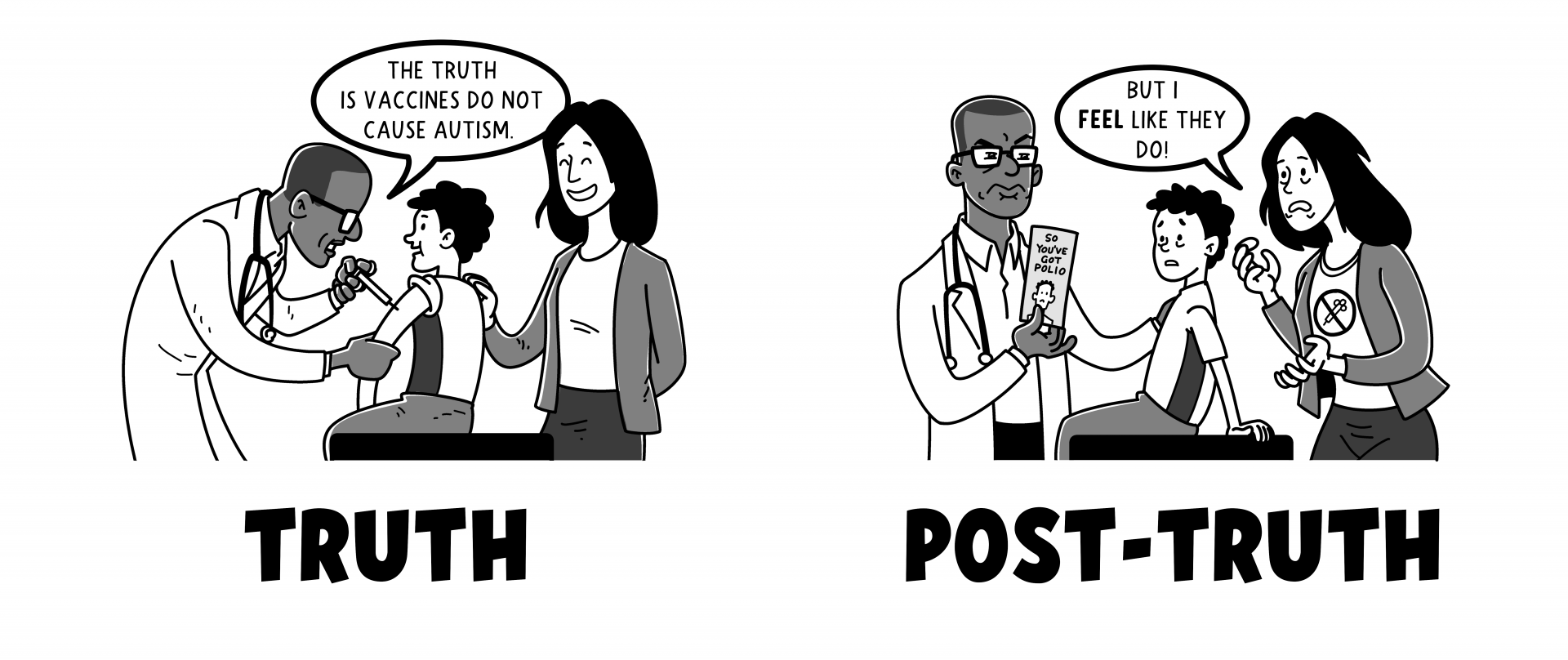
Website: www.samuelcspitale.com
Instagram: @samuelcspitale
Linkedin: https://www.linkedin.com/in/samuel-chris-spitale-8a9912172/
Twitter: @samuelcspitale
Facebook: www.facebook.com/samuelcspitale
Other: https://www.quirkbooks.com/book/how-to-win-the-war-on-truth/
Image Credits
headshot by Christine Taylor. all art by Allan Whincup
